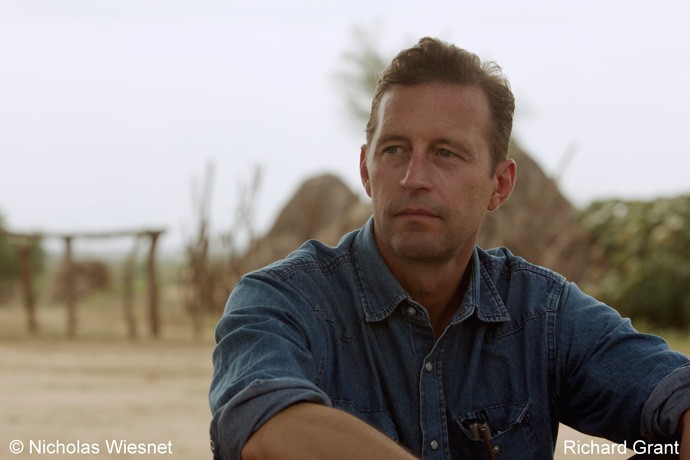It wasn’t until I moved to Mississippi that I started to understand the colloquialisms and cultural nuances in Faulkner. Three decades earlier, studying his books at school in London, England, we had long classroom discussions about “sho nuff,” which we deciphered, and “laidby cotton,” which we didn’t. The teacher thought it was harvested cotton waiting to go to market, but that couldn’t be right because it was in green rows in the field and the “cotton house,” presumably a storage building, was empty. The encyclopedia had no answers, the internet was in the future, and Faulkner certainly wasn’t going to explain his terms, any more than he was going to defend one of those impossibly garbled sentences that ran on for two or three pages.
We couldn’t appreciate how perfectly Faulkner had rendered the five different accents spoken in north Mississippi. Unfamiliar with all of them, we had the most trouble with the poor white country folk. We worked out that “hit” was “it,” “dassent” was “doesn’t,” and “keer” was “care.” But we were completely stumped by “a fur piece.” It seemed to be a measurement of time or distance, but what did it have to do with a piece of fur? In the opening paragraph of Light In August, pregnant Lena Groves, a-walking to Jefferson all the way from Alabama, uses the phrase twice. Now, of course, it’s obvious that she’s saying “a fair piece,” meaning a good long distance.
That was the book that awakened me to the true power of literature. Before Light In August, I had been impressed by Fitzgerald, Hemingway, Nelson Algren, Flannery O’Connor and others, but afterwards, they all seemed like weak beer. They seemed like stylists and storytellers, whereas Faulkner was mysterious, off-kilter, terrifying, always slightly impenetrable and more powerful because of it. This was writing that might catch your hair on fire, and it was known to be a favorite book of Nick Cave’s, which gave it credibility on the punk and goth scene in London in the early 1980s. You would see these nose-pierced, leather-clad, spike-haired, pasty-faced human ghouls reading it on the tube trains, which might have amused Faulkner, or more likely appalled him.
At the same time I had found my way back through American popular music to the Delta blues, and between Son House and Joe Christmas, Mississippi was taking shape in my mind as a very dark and spooky place indeed. If I ever made it to America, I vowed, I would steer well clear of the Magnolia State, lest I get castrated, horse-whipped and sodomized with a corn cob.
Read more here : http://www.signature-reads.com/2015/10/under-the-influence-finding-the-true-power-of-literature-in-mr-bill-faulkner/






